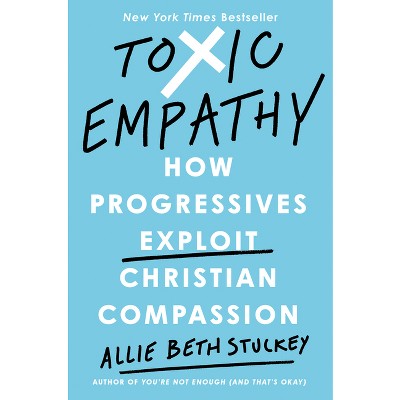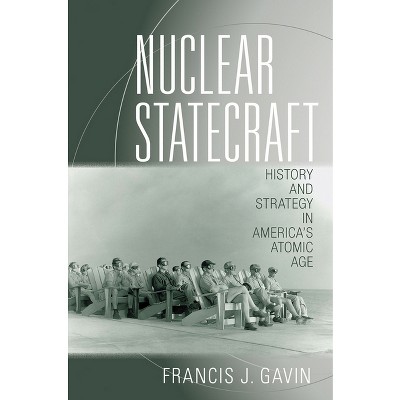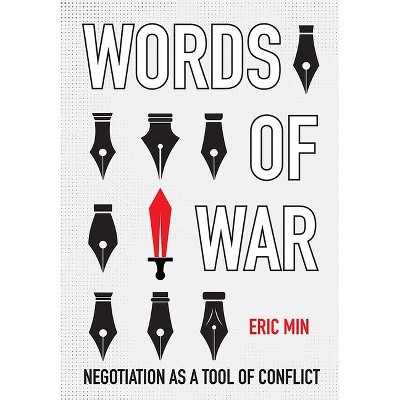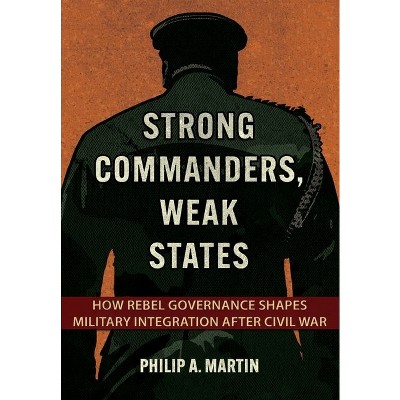American Biodefense - (Cornell Studies in Security Affairs) by Frank L Smith (Hardcover)

About this item
Highlights
- Biological weapons have threatened U.S. national security since at least World War II.
- About the Author: Frank L. Smith III is a Lecturer with the Centre for International Security Studies in the Department of Government and International Relations at the University of Sydney.
- 204 Pages
- Political Science, Security (National & International)
- Series Name: Cornell Studies in Security Affairs
Description
About the Book
Frank L. Smith III addresses the puzzling and largely untold story about why the U.S. military has neglected research, development, acquisition, and doctrine for biodefense.
Book Synopsis
Biological weapons have threatened U.S. national security since at least World War II. Historically, however, the U.S. military has neglected research, development, acquisition, and doctrine for biodefense. Following September 11 and the anthrax letters of 2001, the United States started spending billions of dollars per year on medical countermeasures and biological detection systems. But most of this funding now comes from the Department of Health and Human Services rather than the Department of Defense. Why has the U.S. military neglected biodefense and allowed civilian organizations to take the lead in defending the country against biological attacks? In American Biodefense, Frank L. Smith III addresses this puzzling and largely untold story about science, technology, and national security.Smith argues that organizational frames and stereotypes have caused both military neglect and the rise of civilian biodefense. In the armed services, influential ideas about kinetic warfare have undermined defense against biological warfare. The influence of these ideas on science and technology challenges the conventional wisdom that national security policy is driven by threats or bureaucratic interests. Given the ideas at work inside the U.S. military, Smith explains how the lessons learned from biodefense can help solve other important problems that range from radiation weapons to cyber attacks.
Review Quotes
[Smith] asks rhetorically, will the US military neglect the threat of cyber weapons, as it neglected for so long the threat of biological weapons? It is a good question, especially since the new director of the US National Security Agency has specifically drawn attention to the fact that there are a number of contemporary states that have the capability to completely shut down the infrastructure of the United States. It is the virtue of books like this that they make us think about these things.
--Dr. Ron Smith "New Zealand International Review"Frank L. Smith III... draws upon his many years of experience, research and expertise to present a seminal work of national importance....A highly recommended study that is also suitable for non-specialist general readers concerned with bioterrorism issues and American national security.
--Michael J. Carson "The Midwest Book Review"About the Author
Frank L. Smith III is a Lecturer with the Centre for International Security Studies in the Department of Government and International Relations at the University of Sydney.
Shipping details
Return details
Trending Current Affairs & Politics











